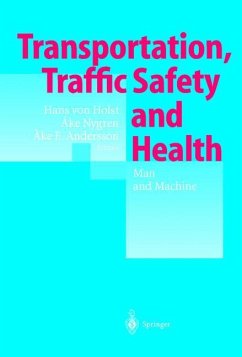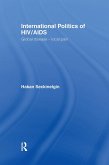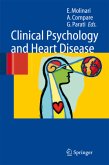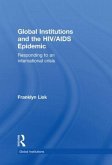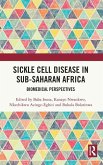Hans von Holst Royal Institute of Technology, WHO Collaborating Center, Sweden Ake Nygren Karolinska Institute, WHO Collaborating Center, Sweden Ake E. Andersson Institute for Futures Studies, Sweden n a recent study initiated by Harvard University, World Bank and I World Health Organization it was concluded that road injuries will be ranked from number 9 today to number 3 within the next two to three decades if authorities all over the world do not pay more attention to this significant problem. Injuries in traffic do not only concern the patient himself but also the relatives from an emotional point of view and the society from a socio economic point. Both emerging markets and industrial countries have significant experi ence of the events following a traffic accident. Much effort has been directed towards transportation of the victim from the scene of the accident to intensive care unit in the hospital. Simultaneously, the awareness of our knowledge about how these injuries should be prevented is striking. The focus of this second book of transportation, traffic safety and health is to further present some of the latest aspects in the area of mobility and its rela tion to planning of an optimal traffic safety with respect to our present knowl edge in the field. The volume contains a collection of contributions presented of scientists, clinicians and administrators at The Second International Conference on Transportation, Traffic Safety and Health, held in Brussels, Belgium, 1996.
Bitte wählen Sie Ihr Anliegen aus.
Rechnungen
Retourenschein anfordern
Bestellstatus
Storno

